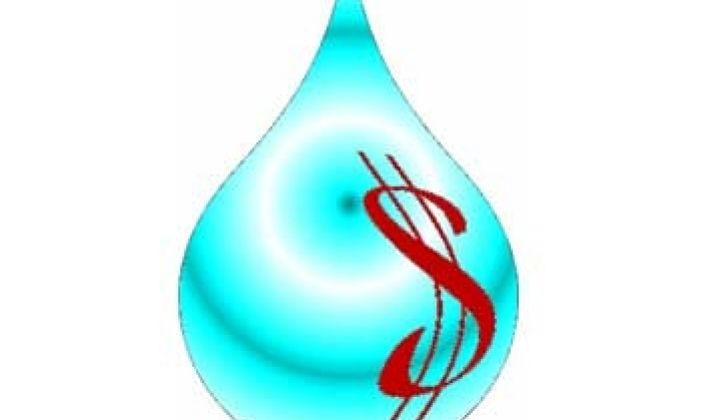Forget about the multi-billion smart grid industry: the real opportunities are in water.
Unlike energy, water has no alternative source. Less than half of 1 percent of the water on the globe is available fresh water -- and that figure is shrinking all the time. The infrastructure needed to deliver drinking water is often far more outdated than the electrical grid. The U.S. loses about 6 billion gallons of water each day due to dated and crumbling infrastructure, a figure that is equivalent to California's entire daily water use, according to the Urban Land Institute.
As a result, some of the largest corporations in the world are flocking to water. Some companies like IBM are already splashing around in water management, while others, like Oracle, have recently announced their intentions to wade in.
But before you get too excited, there are circumstances that make it extremely challenging. Water municipalities are incredibly conservative -- they make electrical utilities look like zippy Web 2.0 outfits. Companies can be prototype-tested to death. The heavy subsidies that most jurisdictions place on water also mean most farmers and consumers don't pay the full price: getting them to spring for upgrades, thus, can be painful. And many of the water technologies touted by companies function in a similar way. Even GE admits that it has been tough to differentiate what they do.
SAP already has a range of products for water resource management and it is now pursuing large contracts to help water companies map and manage their assets. Earlier this month, the software giant announced it would provide end-to-end software solutions to American Water, the largest investor-owned water and wastewater utility company in the United States.
"Water was always the ugly stepchild in utilities' views," said James McClelland, Senior Director of Utilities Solutions Marketing Worldwide for SAP. "But they need just as much effort to improve business. Now they're seeing that true ROI can be achieved if they make the changes with fully integrated end-to-end systems."
IBM recently announced it will help the Sonoma County Water Agency manage its water use and to achieve California's mandate for a 20 percent reduction in water use by 2020. Like the aging electrical grid, updating water systems to provide real-time data is critical -- and software systems provided by companies like IBM and SAP will be critical for water utilities to increase efficiency in the face of constrained budgets that don't necessarily allow for much-needed infrastructure improvements.
Margins are even narrower for water companies than for gas or electric utilities, according to McClelland, and while many have been holding off on making moves, the day of reckoning is already here. "We're almost missing the boat in the water industry," he said. He estimates that every water utility in the next three to five years will have to move to make their systems more integrated.
While SAP is providing solutions like moving away from paper-based billing, the water industry also needs software to help map its infrastructure and also automate some aspects of operations, such as metering.
Eventually, time-of-use pricing might come to the water world, although it is sure to be structured differently than any potential TOU pricing scheme in the electricity space, because water is even more critical to human survival than power. McClelland said there is a pilot going on in the U.K., but that any TOU pricing scheme would have more to do with quantity than time, making it more Q (rather than T) OU pricing.
The U.K. has tougher regulatory practices in place for water, but as water availability becomes more critical each year in more regions of the U.S., the issue of water efficiency could be taken up by state legislatures.
However, like the electrical grid, efficiency will come both at the consumer end and also through updating the infrastructure itself. For companies that have solutions for the electrical sector, if they aren't already in water, many of them soon will be. SAP expects that announcements will be coming soon about the addition of more water customers.
Google was also recently reported to be looking to expand its PowerMeter application to monitor water use.
"Business is changing for water companies," said McClelland. "It's fast becoming the liquid gold."



